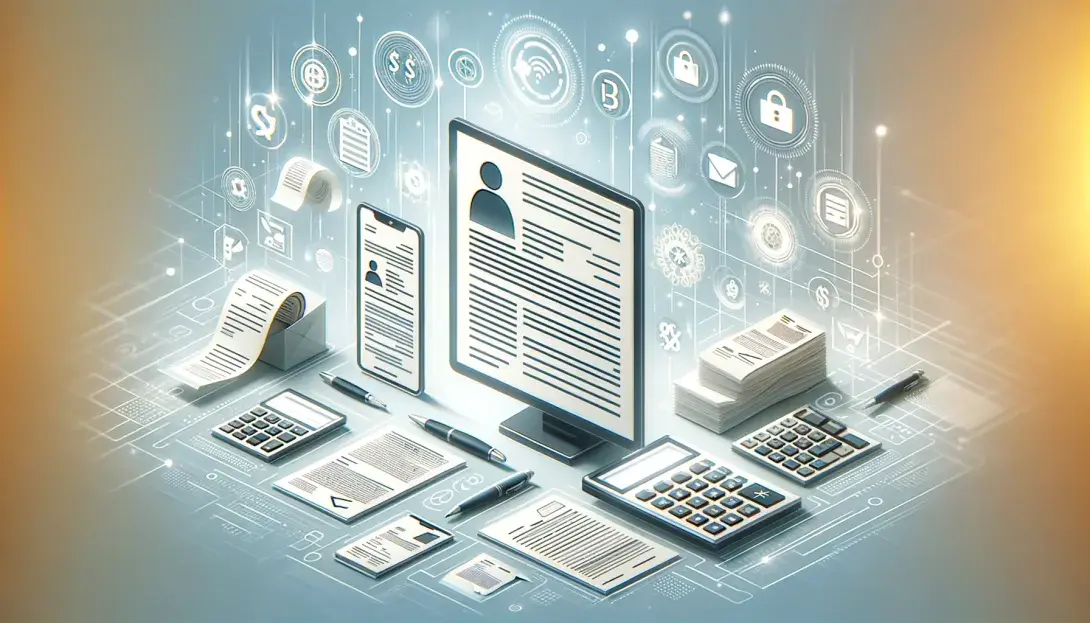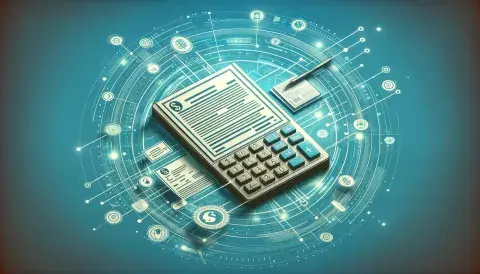The Importance and Obligations of Electronic Invoicing in Business

In the digital era, electronic invoicing has become a key tool for commercial operations. Its implementation not only improves efficiency but also meets legal requirements. In this article, we will analyze in detail who is obliged to use electronic invoicing, how it should be issued and received, and the applicable sanctions for non-compliance.
1. What is an Electronic Invoice?
An electronic invoice is a legal digital document that fulfills the same functions as a traditional paper invoice. Its main difference lies in the transmission medium, with the electronic invoice being transmitted digitally. Since 2015, it has been established as a mandatory requirement for public administration suppliers in Spain.
2. Mandatory Electronic Invoicing between 2023 and 2025
According to the Crea y Crece Law, between 2023 and 2025, electronic invoicing will be mandatory for all companies and self-employed individuals in their B2B (business-to-business) commercial relationships. This implies a significant expansion of its scope of application, affecting a larger number of commercial entities.
3. Who Must Issue Electronic Invoices?
The obligation to issue electronic invoices falls on all companies and self-employed individuals who conduct commercial operations with other businessmen or professionals. There are exceptions, such as simplified invoices or when one of the parties is not established in Spain.
4. Process of Issuing and Receiving an Electronic Invoice
Companies can opt for private electronic invoicing systems or for the public solution managed by the AEAT. These systems must allow the issuance, transmission, and reception of electronic invoices, ensuring their legality and efficiency.
5. Obligations and Rights in Electronic Invoicing
Companies must transmit electronic invoices to their customers and receive those from their suppliers, using one of the approved systems. In addition, they must submit a copy of each invoice to the public solution if they do not use this for billing.
6. Sanctions for Non-Compliance
Failure to comply with the obligation to issue or allow access to electronic invoices can result in sanctions ranging from warnings to fines of up to 10,000 euros, as stipulated by the Crea y Crece Law.
7. Implementation Timeline
The obligation to issue an electronic invoice for companies with an annual turnover exceeding 8 million euros will begin with the entry into force of the law. For companies with a turnover of less than 8 million euros, the obligation will apply two years later.
8. Frequently Asked Questions
- Is electronic invoicing always mandatory? No, there are exceptions such as invoices to recipients outside Spain or simplified invoices.
- How is the receipt of an electronic invoice reported? It must be done within 4 natural days, indicating acceptance, rejection, and payment date.

